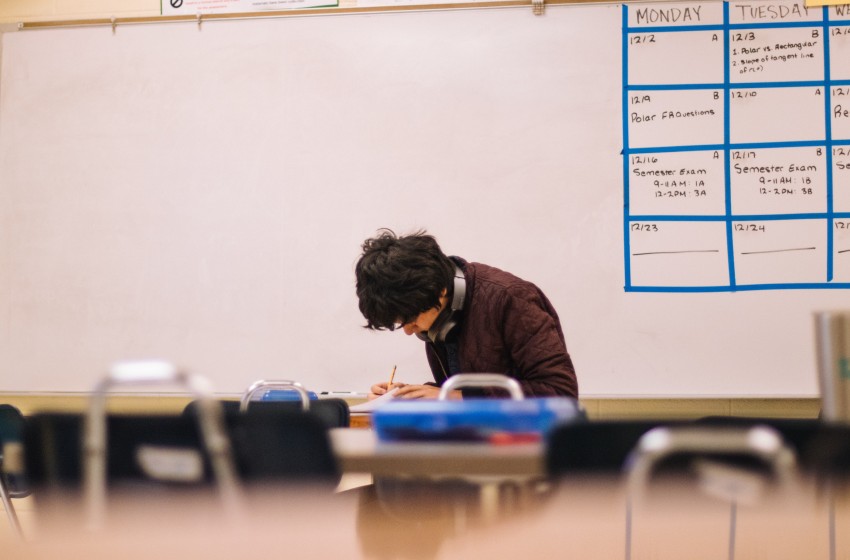Role Of The School Counsellor

A school counsellor is a qualified and professionally trained individual holding certification to exercise his skills on the educational front. Holding the responsibility to respond to student academic, personal, social, and career-related issues, a counsellor is an advisor, a creator of structured curriculum, analyzer of the generated response, and introducer of the new and enhanced school curriculum of academic activities. The four-fold process followed by a professional counsellor involves:
Table of Contents
Step 1: Building the foundation
One of the most crucial roles of a school counsellor is to recognize the hidden beliefs and personal values specific to students. Based on this analysis, a counselling program is generated so as to properly direct the enhancement, application, and assessment of the student goals and beliefs at personal and academic levels. The counselling program is framed with the school mission clearly sketched out in mind and thus, the realization of social, personal, academic, and career-related goals appears as a target easy to achieve.
Step 2: Delivering values
The role of a school counsellor runs beyond students to teachers, parents, and the overall school community. Delivering values is a big initiative undertaken by this advisory person and involves a number of processes.
Framing of a logical school curriculum: This process is related to the structuring of lectures that are designed to provide competent knowledge and skills to students. A professional counsellor analyzes the existing school curriculum well and also records the level of impact that it has. Based on this analysis, he looks for the loopholes in the process and works to strengthen the weak areas in the process.
Helping students plan their activities: Each of the students has his own mindset towards the achievement of personal and academic goals. The role of a professional counsellor is quite crucial here as he has to gain a clear insight of what the student has in mind and has to make positive suggestions so as to quicken the process of timely achievement of goals.
Proper structuring of response: Sometimes, a student may require a properly structured counselling session to help him achieve the right goals with the right effort. There are a variety of counselling sessions that m required based on the type of problem and the severity of the situation. The one-on-one session, group counselling, joint session with parents and teachers, counselling with peers and other referrals are the most common activities undertaken by a counsellor to solve a potential social, personal or academic issue.
Step 3: Management Undertakings
Professional school counsellors are not just responsible for structuring the curriculum to streamline the various academic undertakings. They are also responsible for laying down a set of concrete processes including:
- Agreements are prepared on receipt of mutual consent between the counsellor and the board of directors of the institution.
- Plan of action clearly stating how the strategies have to be implemented in the real-time environment.
- Analysis of student response to the set down standards so as to determine the effectiveness of a certain plan and introduction of changes based on this response.
- Allocation of 4/5th of the working time to deal with student queries and issues.
- Proactive arrangement of counselling activities on a timely basis to assure that students, management, teachers, parents, and other concerned personnel stay in constant touch.
Step 4: Measuring Performances
The design of the school curriculum may differ from institute to institute. Even within one premise, this curriculum may change based on the response generated. Professional counsellors drive changes based on the performance metrics that comprise various important enactment factors.





